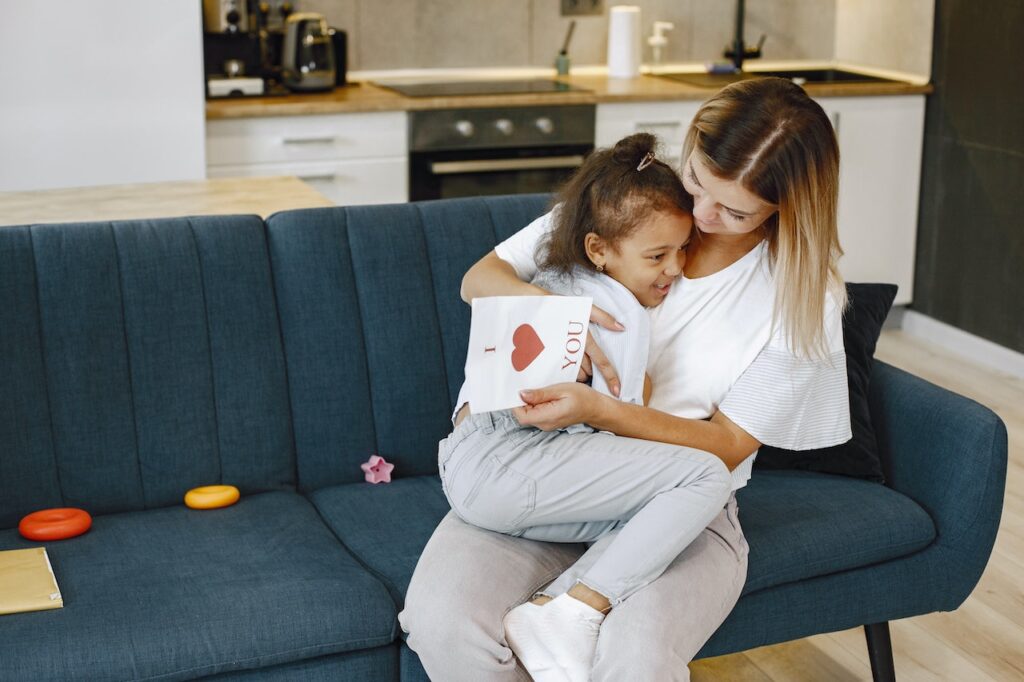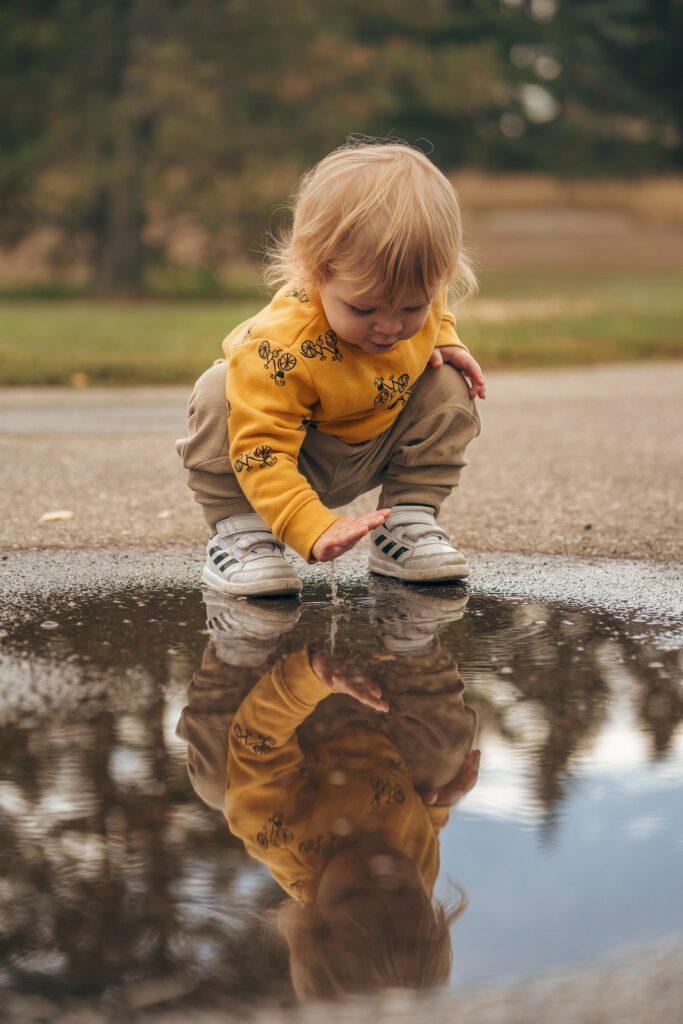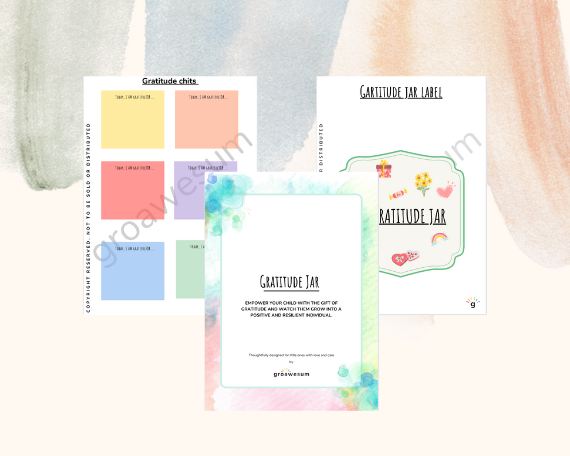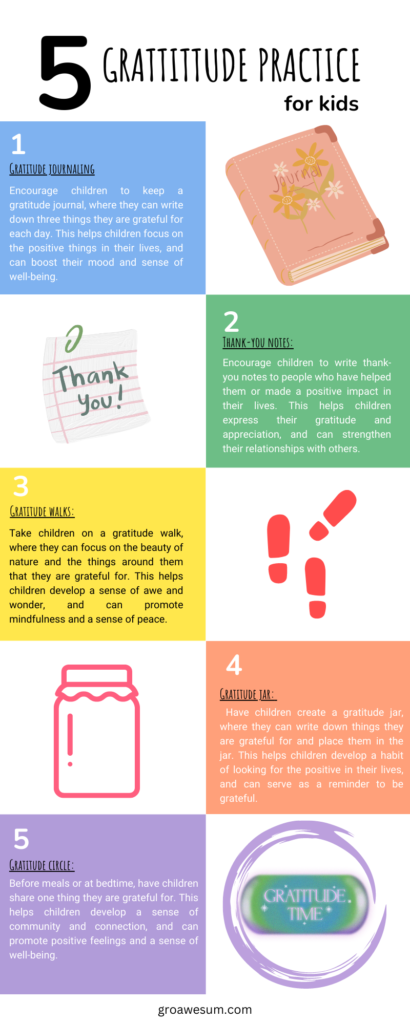Gratitude is one of the powerful emotions that creates a profound impact on our physical and mental well-being. It is a skill that can be cultivated and developed from an early age of an individual. In this article, we’ll understand the power of gratitude and provide some tips to parents on how to foster gratitude in their child/ children.
What is Gratitude?
Gratitude is the act of expressing appreciation and thankfulness for the people, experiences, and things in our lives. It is done by focusing on the positive things in our lives and identifying the good that exists, even in difficult circumstances.
The Power of Gratitude
Research shows that gratitude has numerous benefits for our physical and mental health. Practicing gratitude regularly can lead to greater satisfaction with life, increased feelings of happiness, and improved relationships with others. It also improves physical health by promoting better sleep, reducing stress, and boosting our immune function.

How to Foster Gratitude in Children
- Modeling Gratitude – Children learn by seeing and observing, so one of the most effective ways to cultivate gratitude in a child is to model it. Take time to explicitly express gratitude for even the little good things in your life and also encourage your child to do the same with you.
- Boost Thankfulness – Encourage your child to express gratitude regularly. This can be done by asking them ‘What are you grateful for?’ daily. Encourage them to focus on the good things in their lives and to express gratitude for even the tiny things.
- Creating Gratitude Jar – A fun and interactive way to help children express gratitude is to create a gratitude jar. Your child can write what they’re grateful for on a piece of paper and put it into the jar daily. Create a family routine and read through the notes regularly.
- Practicing ‘Giving Back’ – Encouraging your child to give back to the community or those in need is a great way to practice gratitude. A simple task of helping a neighbor with groceries or donating used clothes to a home can create a significant impact on the thought process of a child. Through these acts, children not only learn to appreciate what they have but also recognize the value of helping others.
- Focus on the Positive – Encourage your child to focus on the positive aspects and the good things of their life. When faced with a challenge, help them see the good things in that situation and find something positive in the whole experience.

To summarise, the act of fostering gratitude in children will help them lead happier, more fulfilling lives. By modeling gratitude, creating a gratitude jar encouraging thankfulness, emphasizing the positive, and practicing giving back, parents can help their children develop an attitude of gratitude. So take time to download our free Gratitude Jar printable, help your child understand the power of gratitude and watch them grow into happier, more thankful individuals.


